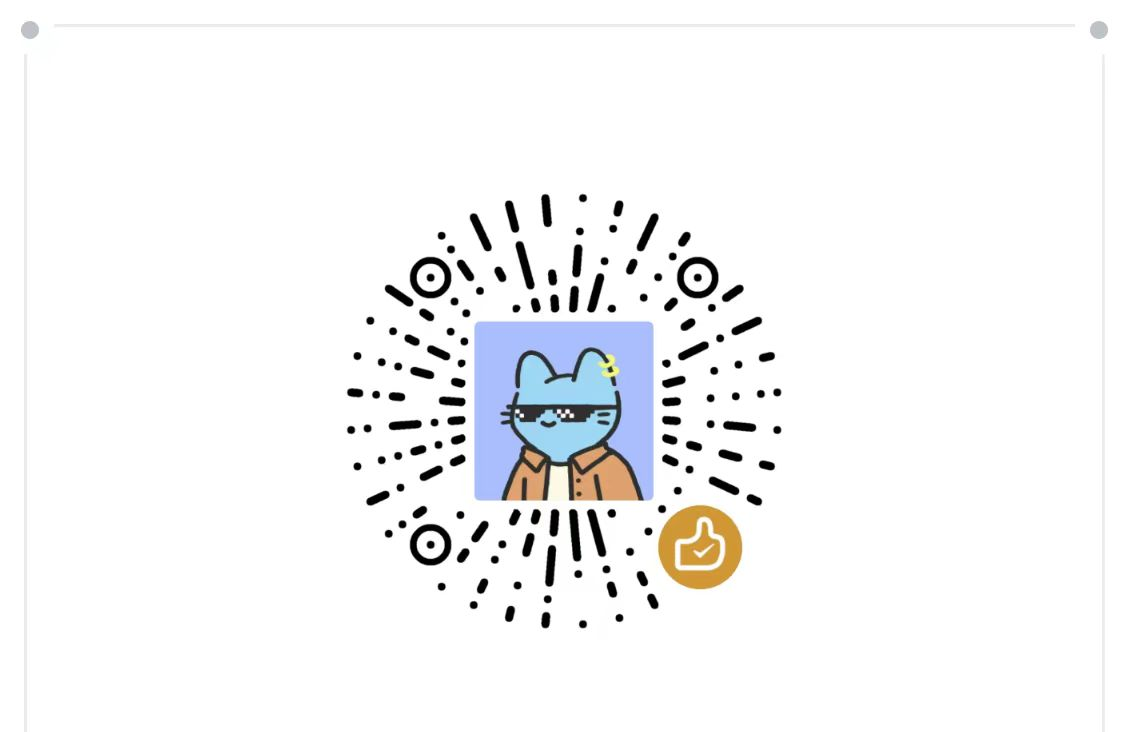分析词义:
「Trouble」一词,通常作为名词使用,指的是问题、困扰、麻烦,也可以作为动词,表示‘困扰’、‘烦扰’。
例如: "I had trouble finding the place." (我找这个地方有困难。)
列举例句:
- "Tom is in trouble with his teacher." (汤姆招惹了他的老师,现在有麻烦了。)
- "Don’t trouble yourself, I can do it." (不用费心了,我可以做。)
- "She had a lot of trouble losing weight." (她减肥很困难。)
词根分析:
Trouble的词根是"turb", 源于拉丁语,原意是'扰乱'。
由此词根衍生出来的单词有 modern disturbance 和 turbulent。
词缀分析:
Trouble没有明显的词缀。
发展历史和文化背景:
Trouble这个词在12世纪从法语引入英文,在法语中它来自于拉丁语的'turbo',原意是混乱,烦恼。
单词变形:
- 不规则动词变形:trouble, troubled, troubling
- 名词/动词/形容词/副词:trouble, trouble (使烦恼), troubled (困扰的), troublesomely (令人烦恼地)
- 固定搭配:have trouble doing something (做某事有困难)
记忆辅助:
"Trouble"的记忆可以通过它的同义词“problem”的形象理解,你也可以联想到在生活中的困扰事物和事情,加深记忆。
小故事:
"There was trouble among the staff at the office because of lack of communication. Everyone was frustrated and couldn't focus on their work."
(办公室的员工之间因为沟通不足出现了问题。大家都很沮丧,无法专注于工作。)
此词典由威威制作,进GPT学英语群请加微信
